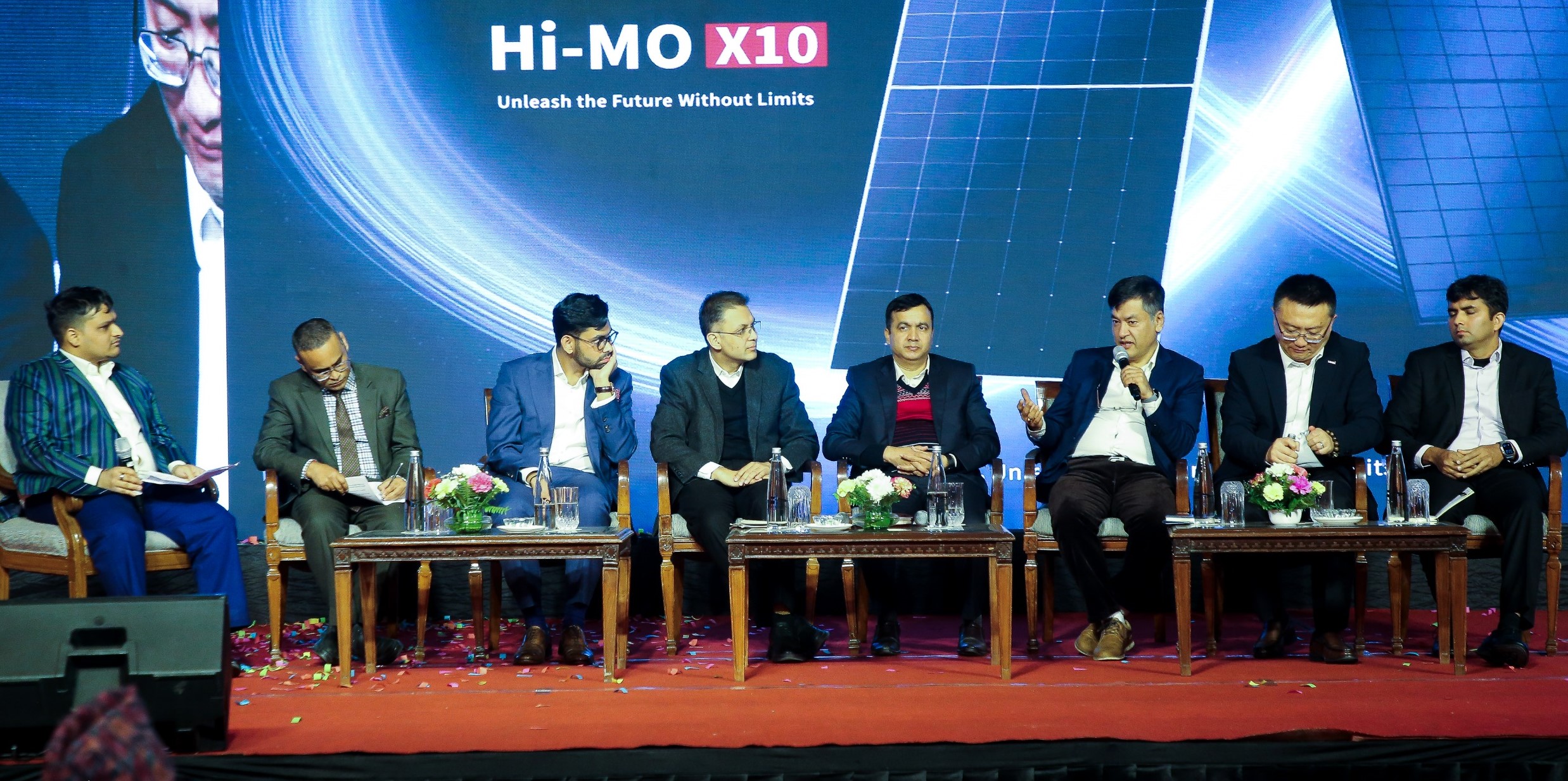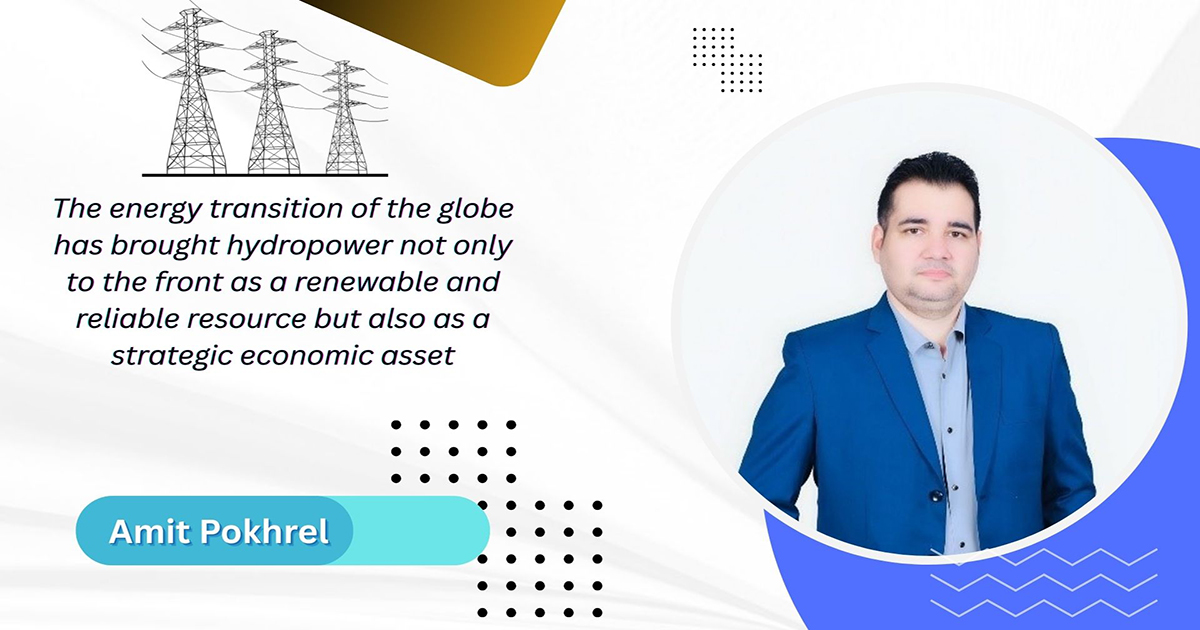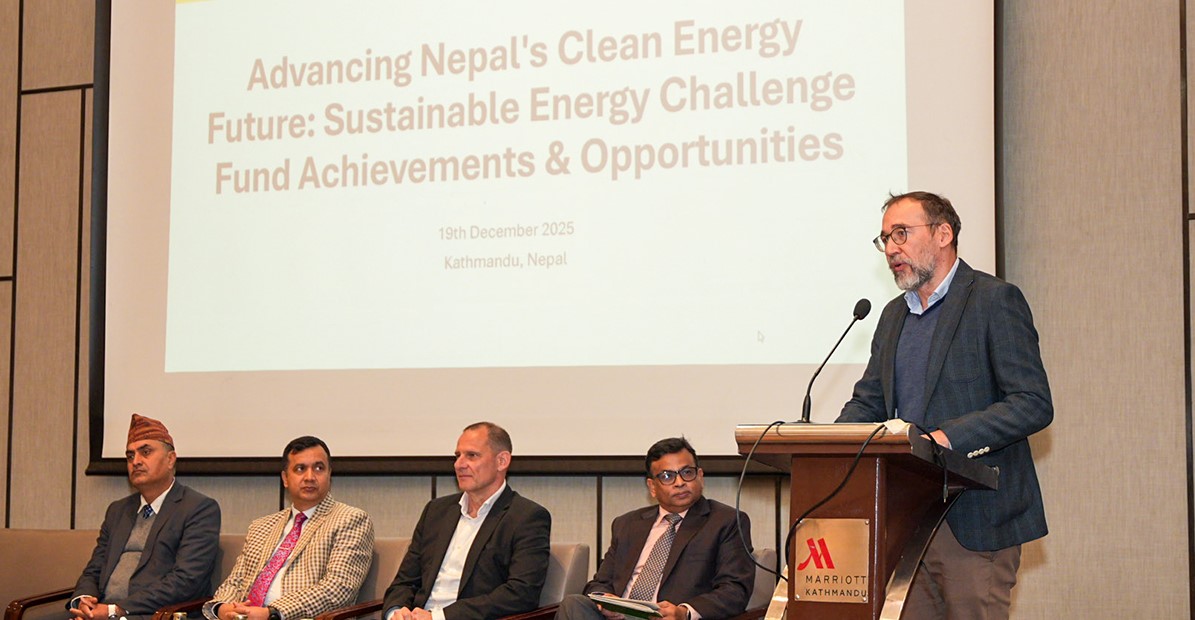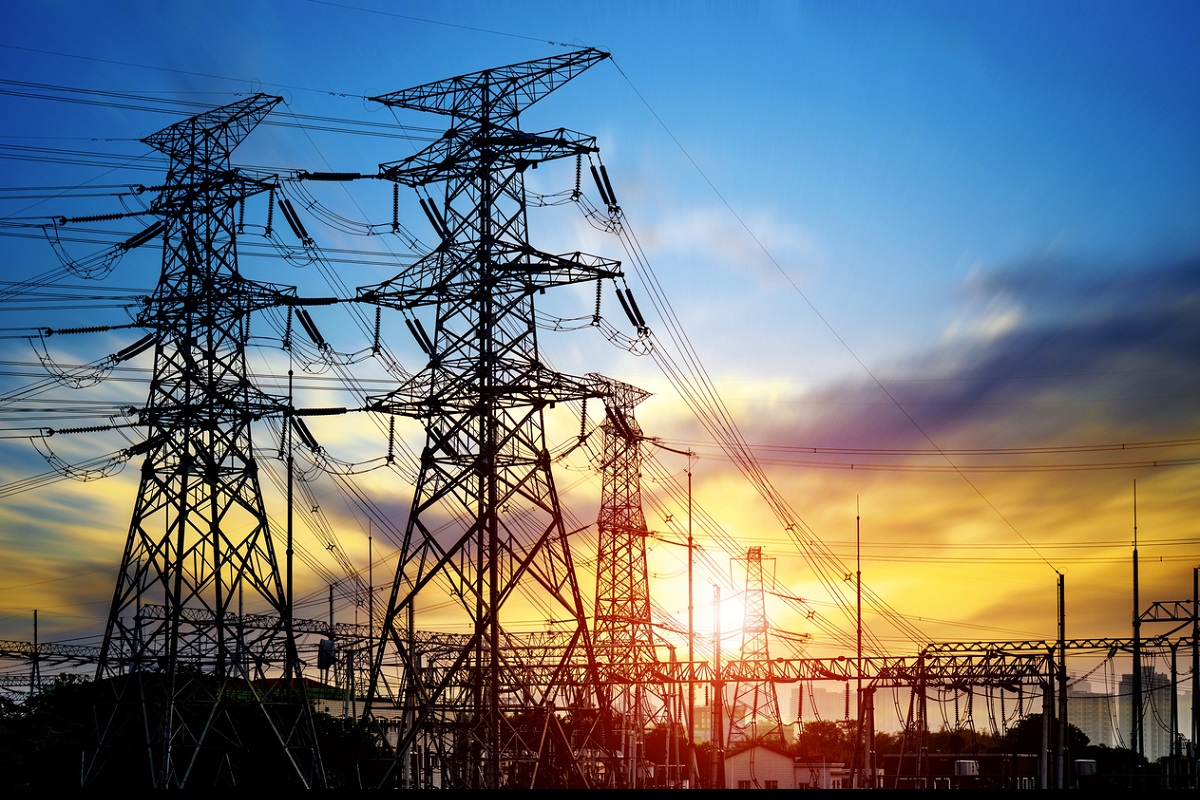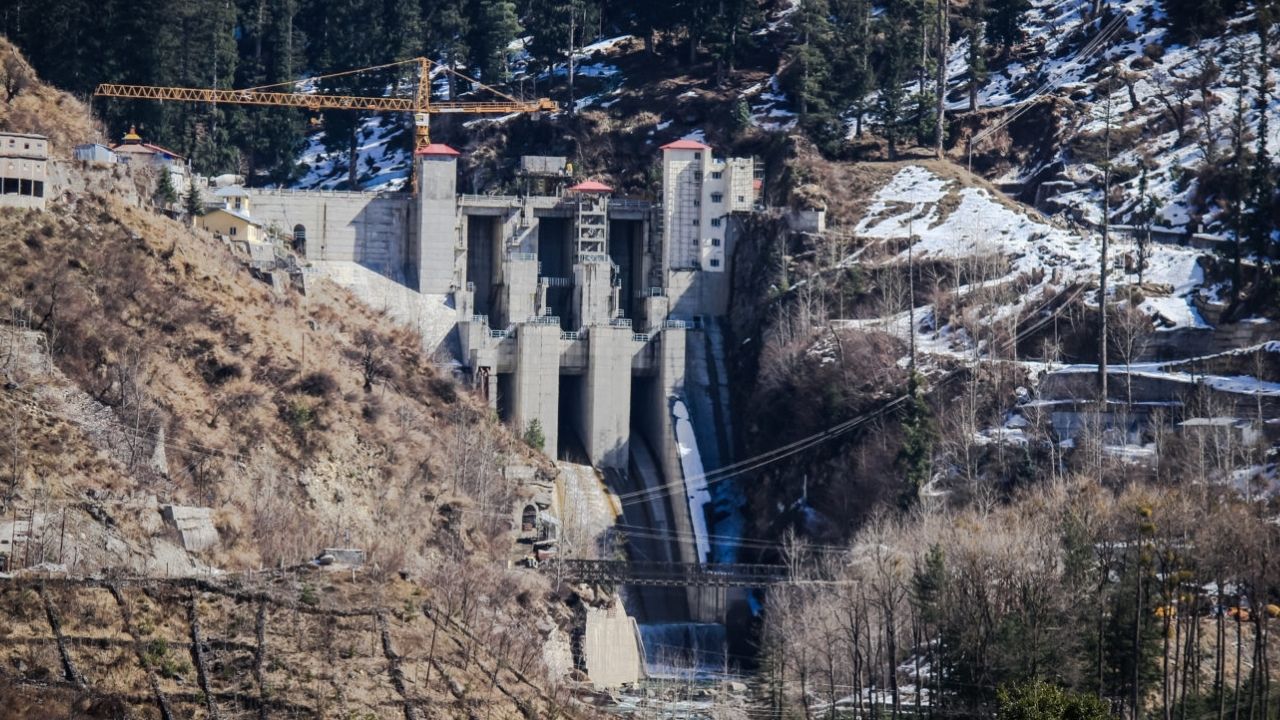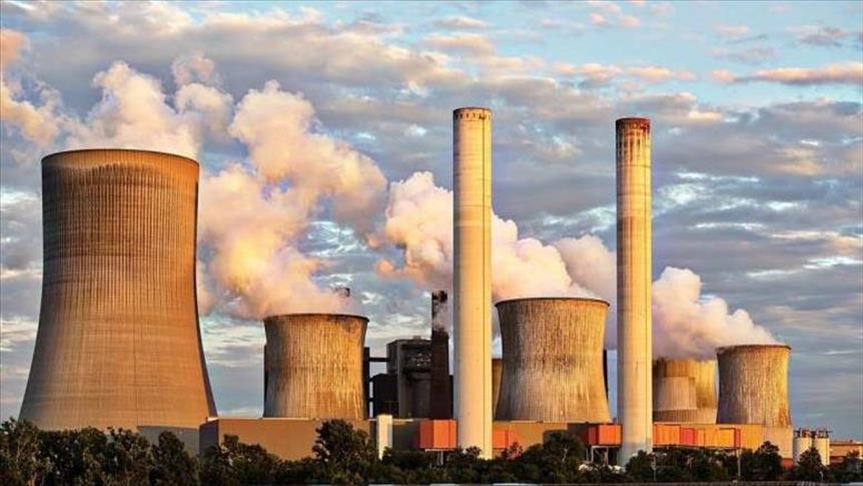Energy Update
BMW to manufacture electric cars in Germany using hydropower
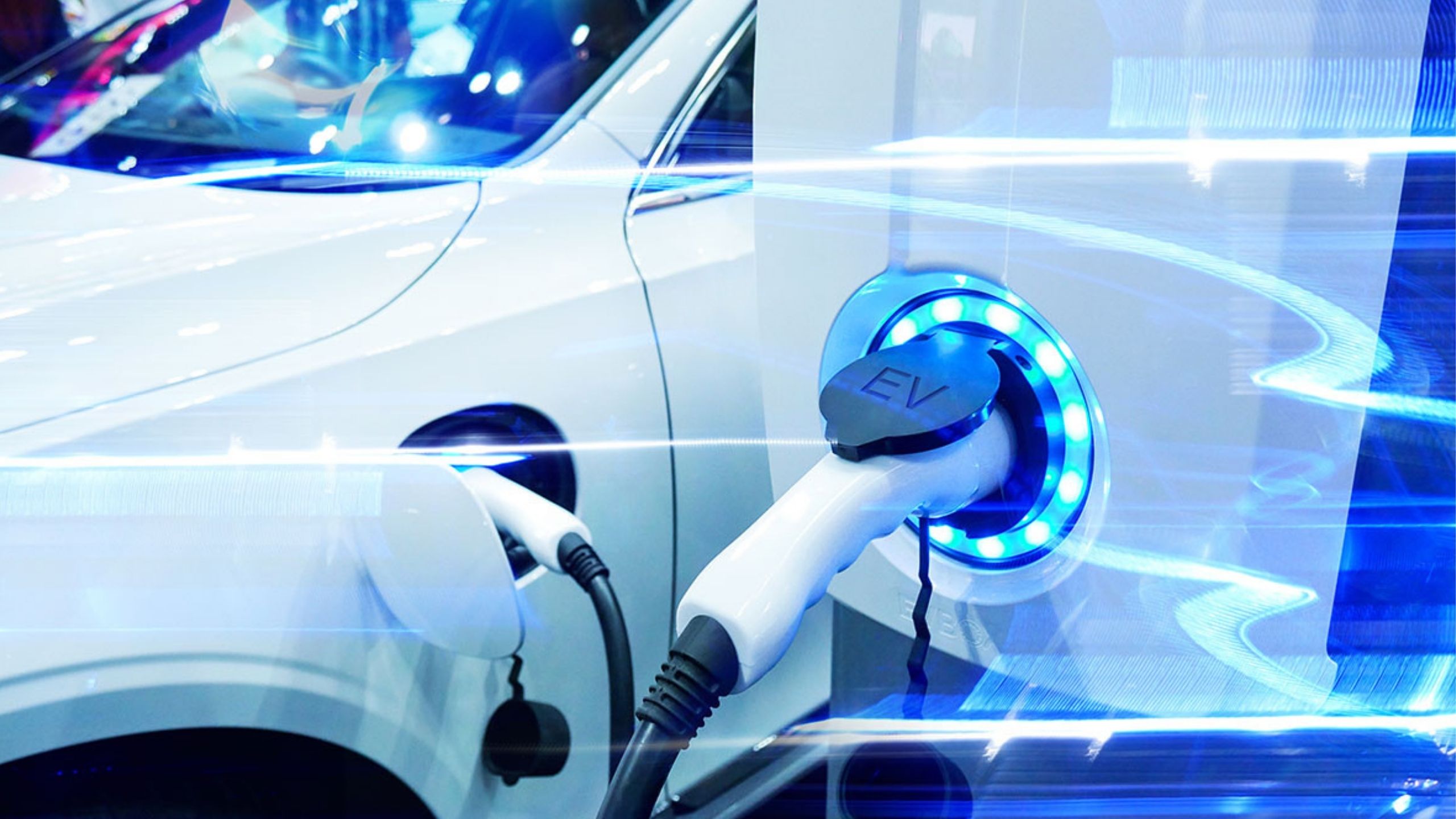
The BMW Group announced that manufacturing of its new BMW iX and BMW i4 electric vehicles at the Dingolfing and Munich plants in Germany will be powered entirely with regional green hydroelectricity. Contracts have been signed with Stadtwerke München and RWE Supply & Trading for energy to be supplied from the Isar and Lech rivers.
The green electricity needed for BMW iX will come from the Uppenborn hydroelectric power stations between Moosburg and Landshut on the Isar River, while production of the BMW i4 will be powered by the Lech River hydroelectric power stations in Gersthofen and Rain. The energy they supply will also be used to manufacture a range of components for the two electric models, at BMW Group Plants Landshut, Dingolfing and Berlin, according to BMW Group.

“We take a holistic view of sustainability. So rather than just minimizing emissions from driving, we are working to significantly reduce the carbon footprint of our production processes,” said Board Member for Production Milan Nedeljković.
Related: European Commission approves transaction between RWE and innogy

BMW Group already powers its production facilities worldwide with green electricity, according to a release. “What’s new is the fact that in the future, we will source our renewable electricity directly from regional providers based close to our plants,” Nedeljković said.
BMW Group is also increasing the share of the renewable or carbon-neutral electricity it generates itself. For example, wind turbines at Plant Leipzig have provided the electricity needed to manufacture the BMW i3 since 2013. Another of example is the company’s newest plant, in San Luis Potosí, Mexico, where production is powered using large solar arrays.
Additionally, the company’s energy goals are designed for the longer term. Between 2006 and 2019, emissions from production fell by more than 70% per car. Going forward Nedeljković states that, “We want to cut CO2 emissions by another 80 percent by 2030, to less than 10 percent of what they were in 2006.”
In addition to cutting CO2 emissions, the BMW Group will aim to offset any remaining emissions via relevant certificates.
Conversation
- Info. Dept. Reg. No. : 254/073/74
- Telephone : +977-1-5321303
- Email : [email protected]








